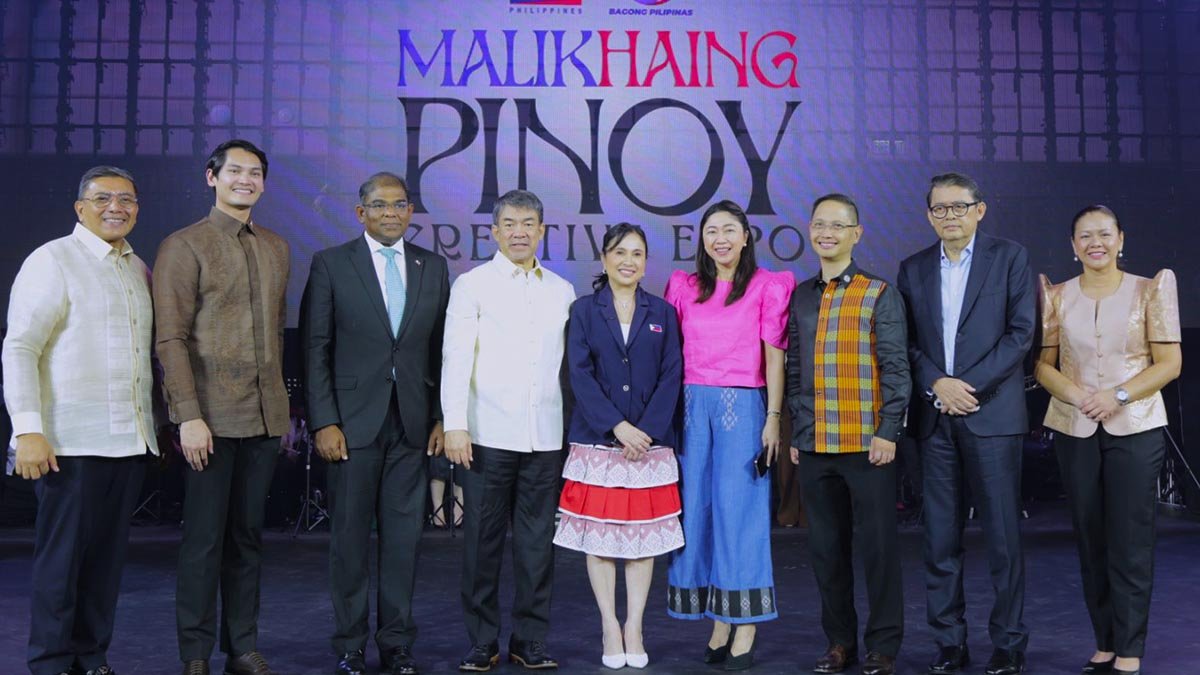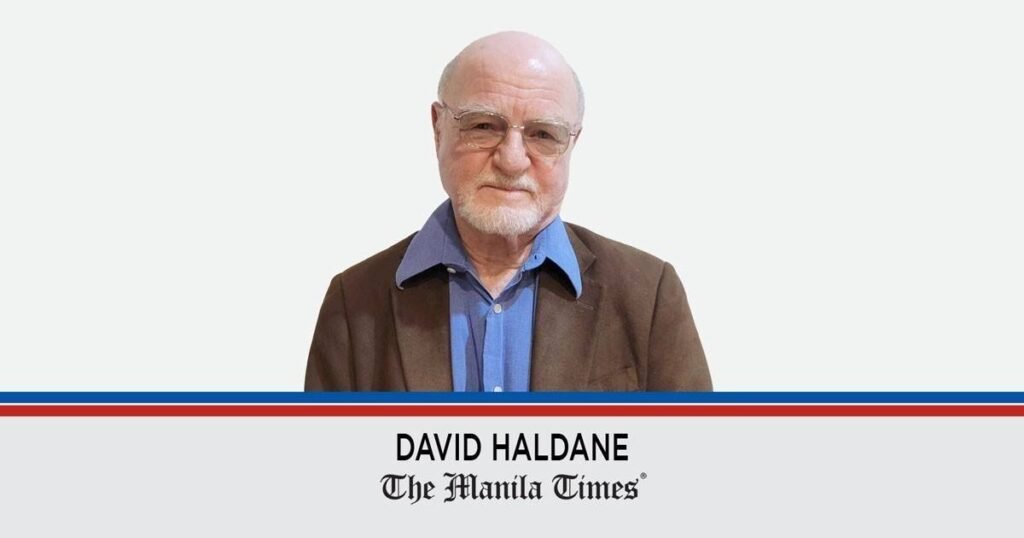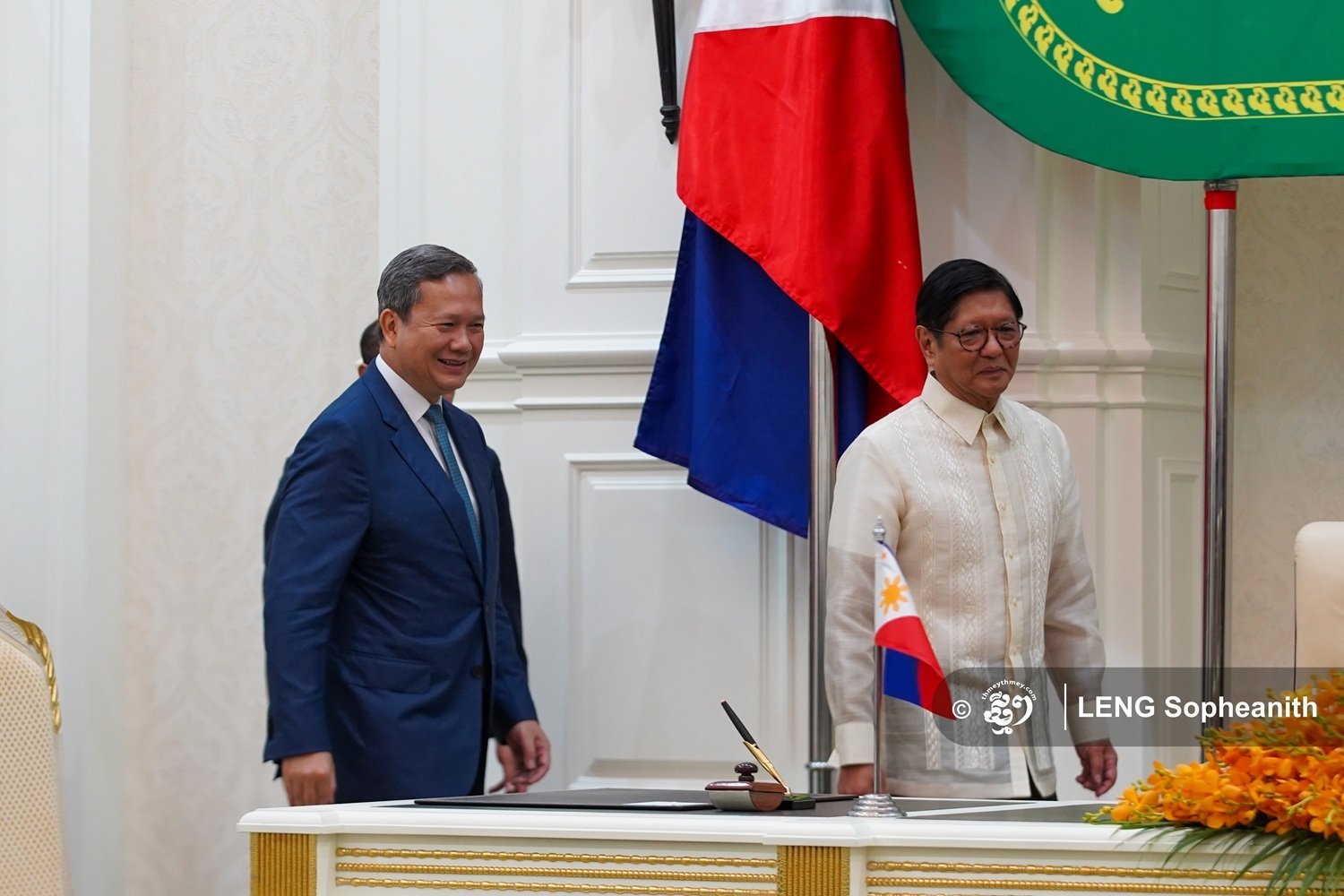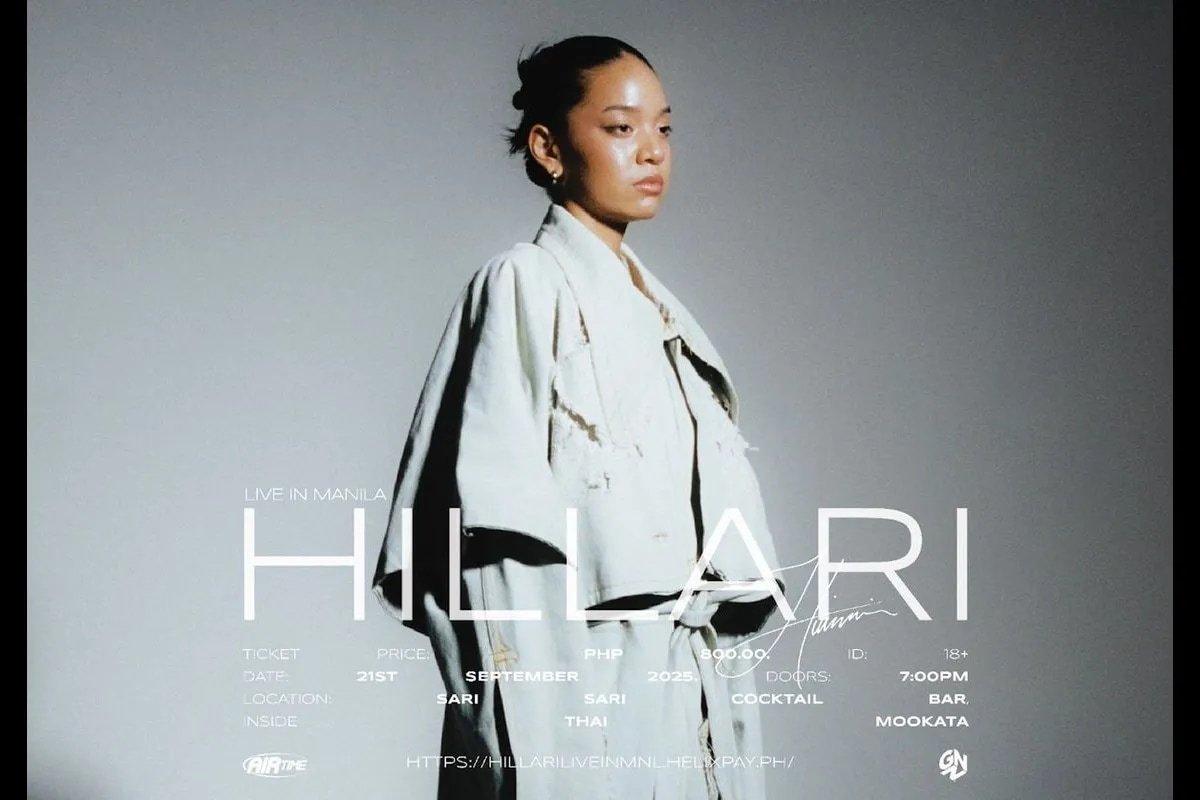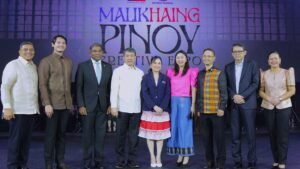The question stunned me into silence.
“Have you ever been asked where you’re from?” my dinner mate pointedly wanted to know during a discussion of her life in America. “Have you ever been asked if you speak English?
We were at a gathering of expats — mostly American — at a fancy restaurant in Manila, and the woman next to me was visiting from New Jersey. Born in South Korea, she told me, she had emigrated to the United States early, become a citizen, and built a successful career in corporate sales.
“I’ve been a victim of racism all my life,” she declared. “Racism is pervasive in America. You couldn’t possibly recognize it because you’re white.”
That last statement stopped me cold. In what for me is an extremely rare occurrence, I simply didn’t know what to say. And so, we completed dinner in awkward silence, both relieved when dessert finally arrived.
Get the latest news
delivered to your inbox
Sign up for The Manila Times newsletters
The experience reminded me of a piece I read recently in the Boston Globe. Penned by Shiela Lirio Marcelo, a Filipino American who also emigrated to the US early and found success in corporate America, the article was entitled “Asian, American, and proud to be both.”
“We’ve lived the slights — coded and blatant — that tell us we’re not quite from here,” she wrote, “that our features don’t meet society’s beauty standards. We’ve felt what it’s like to be reduced, erased, or misjudged…”
Marcelo is the founder of Care.com, a pioneering online marketplace for childcare, tutoring, pet care, and housekeeping. In 2014, she became the first Asian American woman to take a US company public. Among other things, she has been named one of Fortune’s Top 10 Women Entrepreneurs, a World Economic Forum Young Global Leader, and won Harvard Business School’s Alumni Achievement Award, becoming its youngest recipient.
And yet, the most blatant example of racism she could come up with in her essay was having once been mistaken for an assistant rather than the founding CEO while serving coffee to visiting investors who had never met her.
Which suggested the answer I should have offered that successful Korean American who doubted whether I’d ever been asked where I come from or if I speak English.
“As a matter of fact,” I should have said, “people ask where I’m from almost daily. And they frequently ask whether I speak Bisaya or Tagalog.”
The reason is obvious: I don’t look like I’m from around here.
Don’t get me wrong, I’m not denying that racism exists. It certainly does, in one form or another, almost everywhere, including America. What I’m saying, though, is that it’s not pervasive in my home country. And that most people, most of the time, in most places, aren’t racist at all. What they are is curious, inquisitive, and friendly.
My Filipino wife, now a US citizen, who lived in America for 10 years before we moved to the Philippines, says she’s never encountered serious racism there or anywhere else. The main thing she’s encountered in America, she says, is plenty of job opportunities offering employment whenever she wants it at salaries greater than I’ve ever received in a career spanning nearly five decades.
In fact, the country’s highest per capita income group is Filippino Americans, earning an average of $59,066 per year. Caucasians rank 10th, at slightly more than $42,000 annually. Which translates into median family income ratings topped by Asian Americans at $113,106, distantly followed by whites at $83,784, and Hispanics at $73,823.
Doesn’t sound too racist to me.
So, the next time I encounter a Korean American — or any other American, for that matter — grousing about someone asking where they’re from, I’ll have a ready reply. My suggestion: just smile and say, “Oh, I was born in South Korea but have been in the US for a very long time. How about you? Where are you from?”
And that, my friends, will mark the end of the discussion. Or perhaps the beginning of a whole new one.
* * *
David Haldane is an award-winning American journalist and author with homes in Joshua Tree, California, and Surigao City, Philippines. His latest book is Dark Skies: Tales of Turbulence in Paradise.
